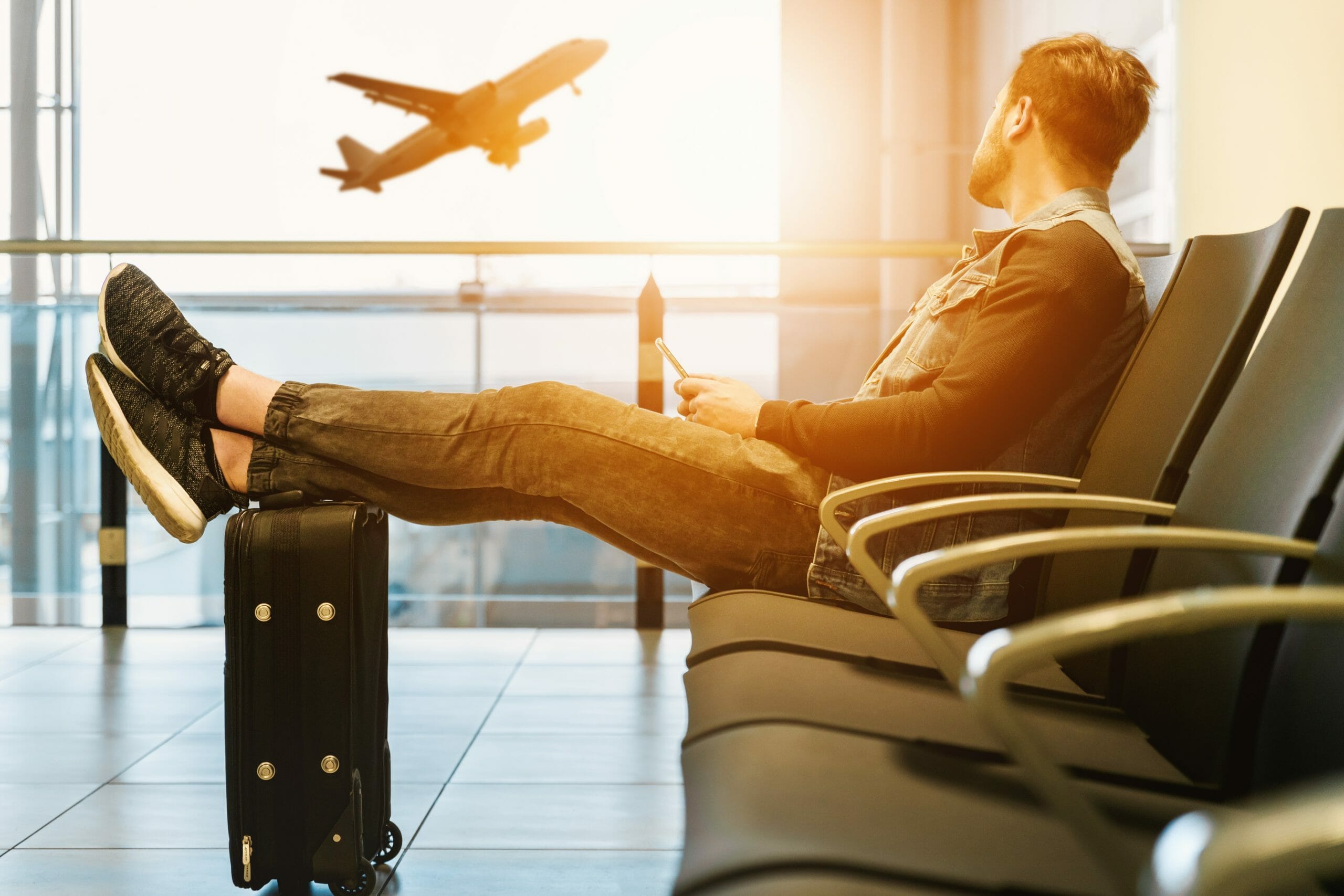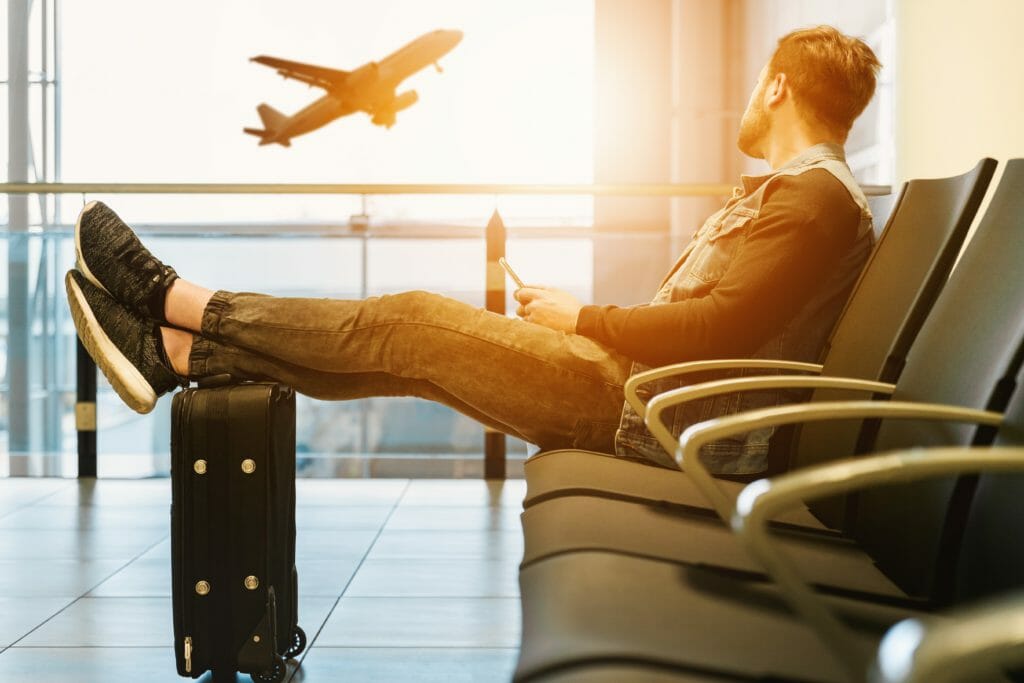
I took a much-needed vacation last summer and ventured off on my own to Europe. It was a long-awaited trip, as I grew up with posters and figurines of the Eiffel Tower, screensavers of canals from Amsterdam, and postcards of the Big Ben. Needless to say, I was excited and nervous to backpack a new continent on my own. Interestingly enough before I left, I had a document entitled “post-travel blues” saved on my desktop, anticipating post-travel depression before I even left. Upon returning, I have discovered ways I tend to deal with post-travel depression and hope to share them with all of you lovely readers.
What is Post-Travel Depression?
Any of us who have travelled before, whether it’s for a weekend or a year, will know what post-travel depression feels like. It’s the dread of leaving a place days or moments before you have to go home, and the constant longing for still being abroad.
I think of the feeling as something similar to going through a break-up. Sadness, lethargy, lack of motivation or appetite, nostalgia, and missing the place you left. Everything may remind you of that place, and nothing compares to it.
The length of post-travel depression can vary for everyone, but it can be extremely hard to deal with, especially since you may feel as though you transformed from your travels, yet your home life and those in it feel the same and don’t understand.
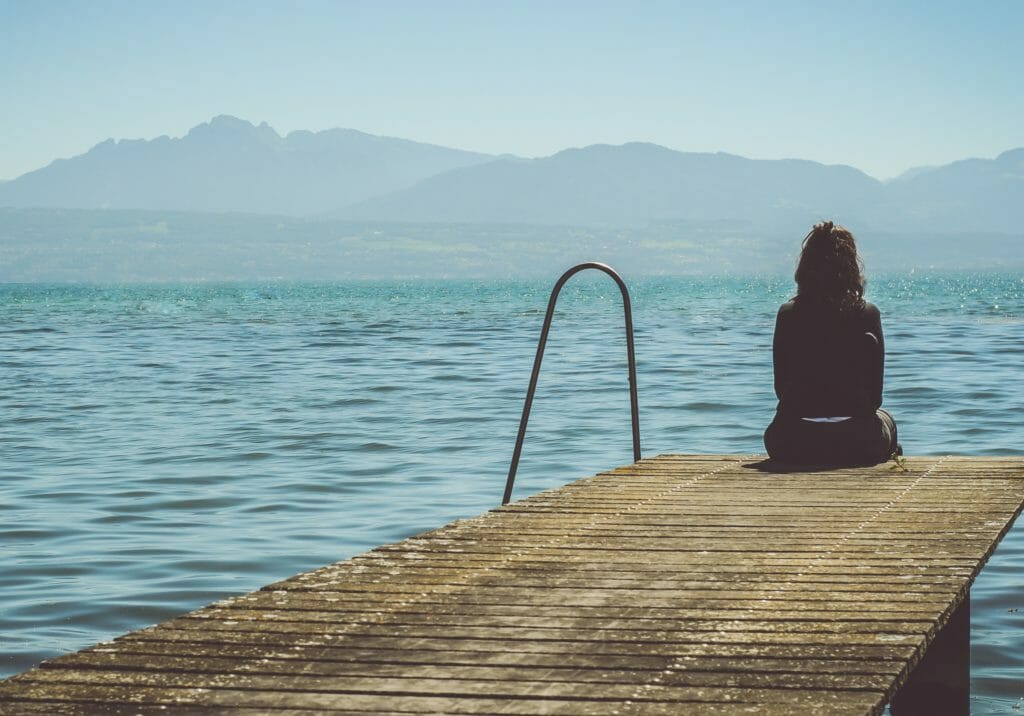
What are some things you can do to deal with post-travel depression?
1. First, recognize how much of a privilege it is to even travel and feel fortunate
If I could summarize my trip in one word, it would be “grateful” I constantly found myself feeling so lucky and grateful that I could not only afford the means and time to explore long awaited cities and countries, but that these places gifted me with a lifetime of treasured memories and insight
I am grateful for being from Canada, where my passport is accepted worldwide. Unfortunately, this is not the case for everyone.
I am also very grateful for the countless sights I saw. Seeing monuments that I often saw on television as a child up close is truly an impactful experience. Most importantly, I am grateful for the kindness of strangers, who have now become people I admire and hold precious in my memories.
2. Find beauty where you live – don’t stop exploring
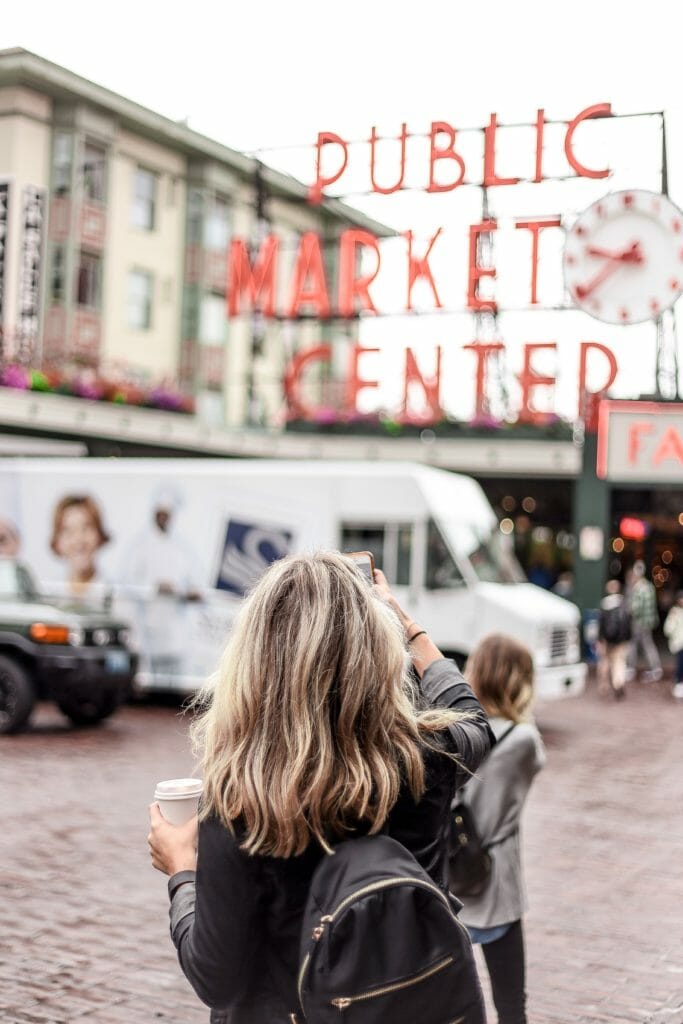
Photo by Clarisse Meyer on Unsplash
I often hear that locals don’t know about their home city as much as visitors do. I’m proof of this because I have lived in Vancouver my whole life, and I could not tell you the significance behind the steam clock in Gastown.
Upon returning home, I’ve started to look at my own city with more open eyes, noticing statues that I likely passed by countless times on my trek to work or school. I’m looking up when I walk, something I learned to do while travelling, because you may often miss what’s above you.
Maintaining that curiosity in a city I’ve lived in my whole life is helping me to stay open and interested in my own life, instead of being swallowed up in my old routine.
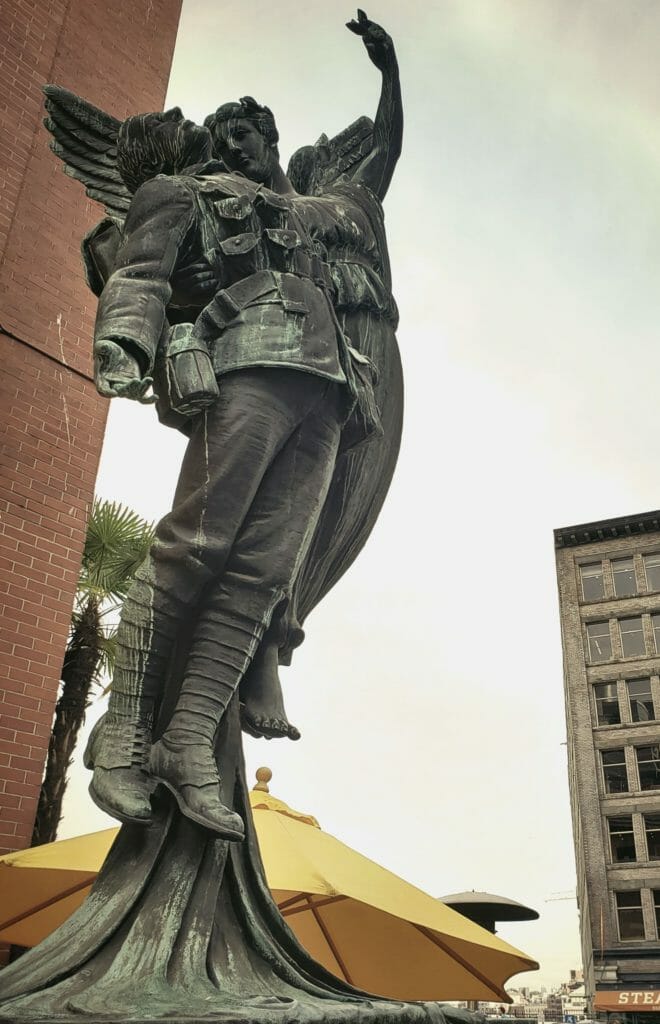
If you absolutely detest your hometown, and don’t believe anything is worth looking at, consider why you still live here. What is keeping you grounded here and appreciate the importance of that – whether it’s your job, friends, family, loved ones, or just a restaurant or café you frequent.
3. Change your pace of life
If you are anything like me, you have a tendency to over-work yourself until you feel like you need a vacation. This routine of grind and go until you have vacation time is not sustainable.
I think people are so drawn to vacations because they feel free. Freedom can be so exhilarating and if you are constantly longing for it, consider how you can incorporate more of it into your daily life. It can be something as small as going for a walk or letting go of one commitment in your life.
In North America, people often take pride in working weekends or over-time. This silly perceived badge of honour is not conducive to your mental health, and countless trips will not be enough to override burn-out if your pace does not change.
4. Bring your travel-self back home with you

When people travel, they often feel more relaxed and at peace. They are curious and open to adventure. Why does this person have to disappear when the plane lands or the tan lines disappear?
If you like yourself more when you are travelling, keep being that person.
Distance yourself from negativity, re-assess your employment situation if you despise it, treat yourself, and surround yourself with things that bring you joy, just like you do when you travel.
You have the freedom and choice to make your life look any way you want. It just takes support and bravery to do so, kind of like the bravery of hopping on a plane, bus, or train and exploring a new country.
5. Marry the qualities you love most about travelling with the ones from being home
Being home can feel secure, safe, and comfortable. These are elements that are sometimes missing when you are travelling. Combine the excitement, uncertainty, and change of routine that exists with travelling to those of being home. This could be doing new things with a partner, spending more time with friends, or making new meals that you may have learned on your travels.
With this, I believe you can begin to fall more in love with your life and find more appreciation in each day.
Hey there!!
I'm Meredith MacKenzie, the founder of Parallel Wellness and a Registered Clinical Counsellor. Simply put, I love to talk about psychology, emotions and all the things that make us human. My goal for this blog is to share information, resources and a fresh perspective on what brings clients to our practice.
